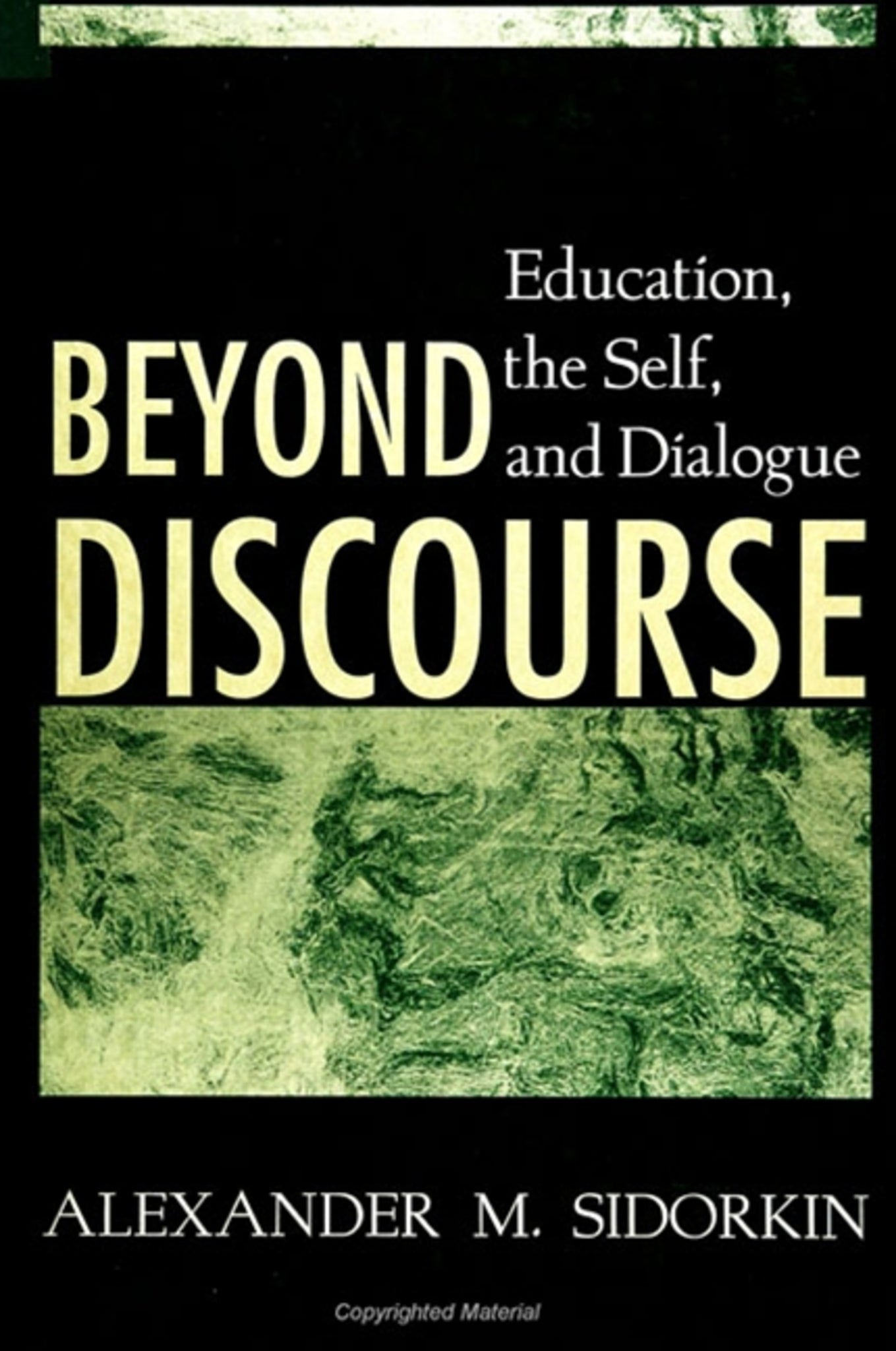We're sorry. An error has occurred
Please cancel or retry.
Beyond Discourse

Some error occured while loading the Quick View. Please close the Quick View and try reloading the page.
Couldn't load pickup availability
- Format:
-
12 August 1999

Drawing on the works of Martin Buber and Mikhail Bakhtin, the author explores the roles that dialogue, laughter, and spontaneity play in the education of the whole person.
Using Mikhail Bakhtin's concepts of dialogue and carnival, and in connection with the ideas of Martin Buber, Sidorkin explores the issues of difference and identity in a very postmodern view of the self. He addresses the questions of what it really means to be human, and, likewise, what truly makes a good school.
He takes dialogue beyond the framework of discourse, making it an end in itself rather than a means toward better education. His sojourn into a fifth-grade classroom shows that basic forms of classroom talk, which are normally thought to be distracting or educationally useless, are proved to be valuable dialogical moments of discovery in schooling.


Acknowledgments
Introduction
Framing the Problem
Method
Chapter 1
Dialogue and Human Existence
Preliminary Remarks
Thou Art, Therefore, I Am: The Nature of Discovery
Laws of the Dialogical
Bakhtin and Gadamer
Language of Monologism
Multi-Monologues of the Postmodern
Chapter 2
Homo Dialogicus
The Polyphonic Self
Dialogical Morality
On Wholeness and Spontaneity
Integrity, Identity, Authenticity
Chapter 3
The Three Drinks Theory: Types of Discourse in Classroom Communication
Theory
Background
Research, Results and Discussion
First Discourse
Second Discourse
Third Discourse
The Cycle of Three Discourses
Chapter 4
Dialogical Schools: Complexity, Civility, Carnival
The Good School
Original Relational Incident
Complexity
Civility
Carnival
An Inconclusive Conclusion
Notes
References
Index
>



